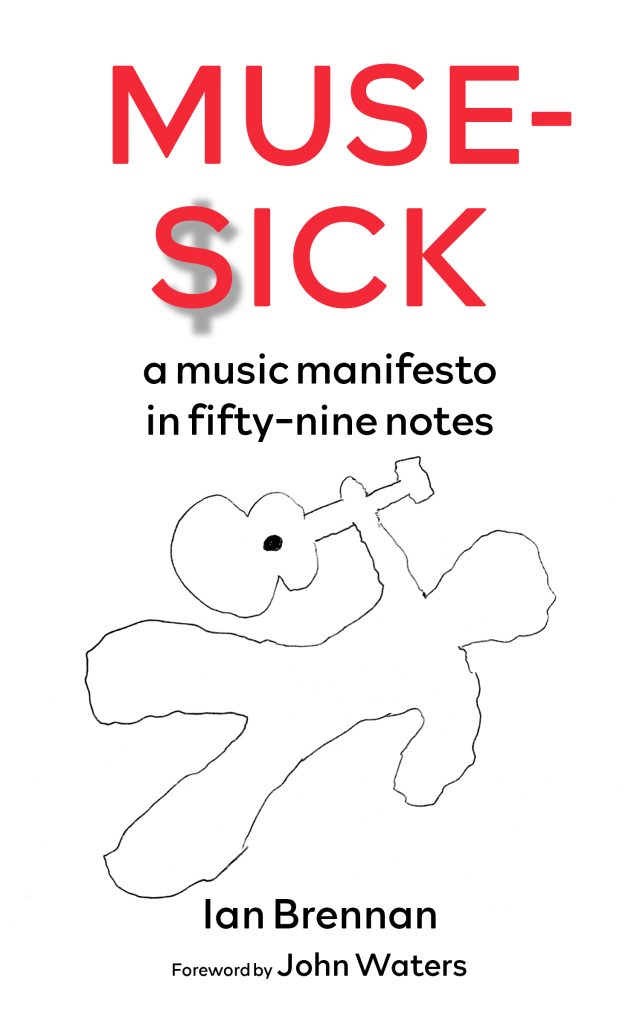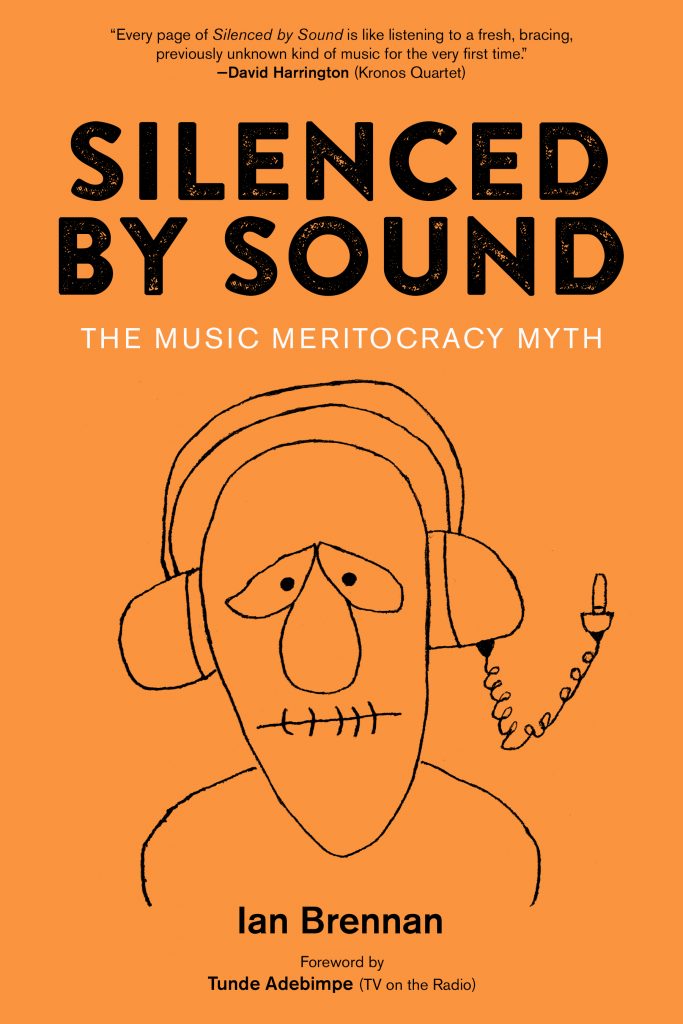By Ian Brennan
NPR Music
In theory, international music makers should be thrilled about the Grammys being handed out this Sunday.
Instead of one category for global music, there are two, doubling the number of nominations from 5 to 10.
(The new category is called “best global music performance.” The Grammy rules says it is “reserved for international performers exhibiting non-European, indigenous traditions.”)
But if you look at the list of nominees for the 64th annual awards ceremony, it’s not that diverse.
Seven of the nominees are from two nations: Nigeria and Benin.
There are no newcomer countries – places that have never been had a local artist nominated.
What’s more, the number of artists is limited: four of the five artists nominated in the brand new global performance category are also nominated in the global album category.
There’s not a lot of linguistic variety either.
I would argue that the Grammys inadvertently perpetuate the legacy of colonialism by focusing on countries that were former British colonies and have inherited English as an official language, like India, Nigeria and South Africa. In fact, all five of this year’s nominations in the global music album category feature predominantly English language songs.
It’s a category I care a lot about – and often have a personal stake in. I’ve had the honor to record 38 records by artists across Africa, Asia, Europe and South and North America — often in places that are reachable only by boat or on foot. Two of these artists have been nominated for a Grammy – Tinariwen (who went on to win for the album Tassili in 2012) and the Zomba Prison Project in 2016, representing Malawi’s first (and only) case of artists receiving a nomination.
Ian Brennan is a Grammy-winning music producer who has produced three other Grammy-nominated albums. He is the author of four books and has worked with the likes of filmmaker John Waters, Merle Haggard, and Green Day, among others. His work with international artists such as the Zomba Prison Project, Tanzania Albinism Collective, and Khmer Rouge Survivors, has been featured on the front page of the New York Times and on an Emmy-winning 60 Minutes segment with Anderson Cooper reporting. Since 1993 he has taught violence prevention and conflict resolution around the world for such prestigious organizations as the Smithsonian, New York’s New School, Berklee College of Music, the University of London, the University of California–Berkeley, and the National Accademia of Science (Rome).








